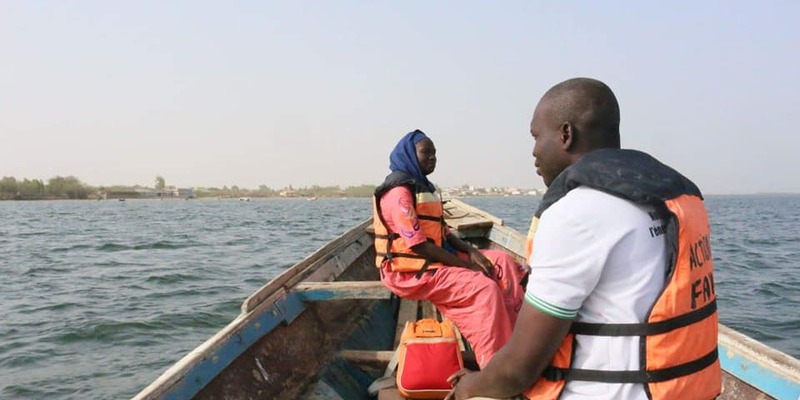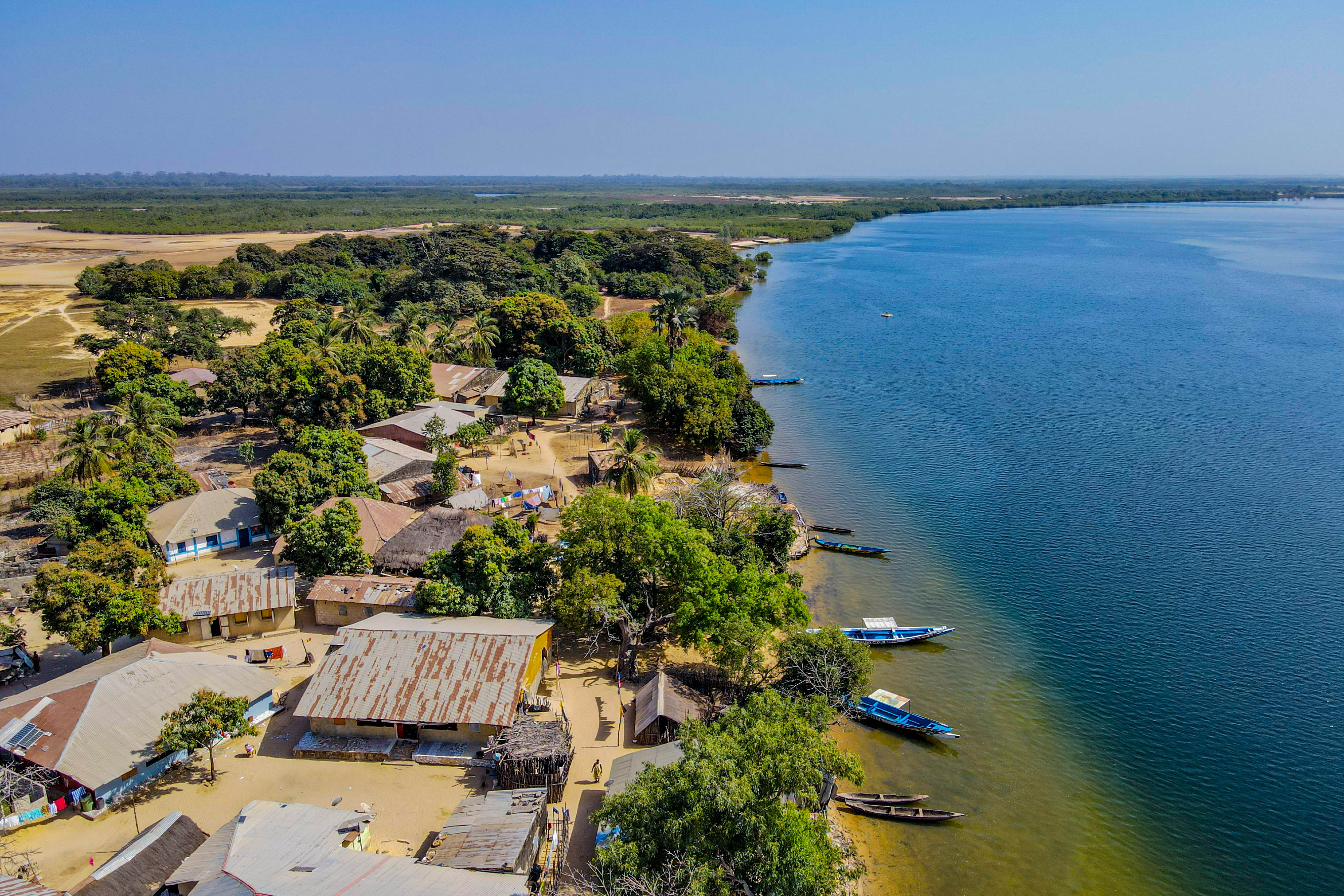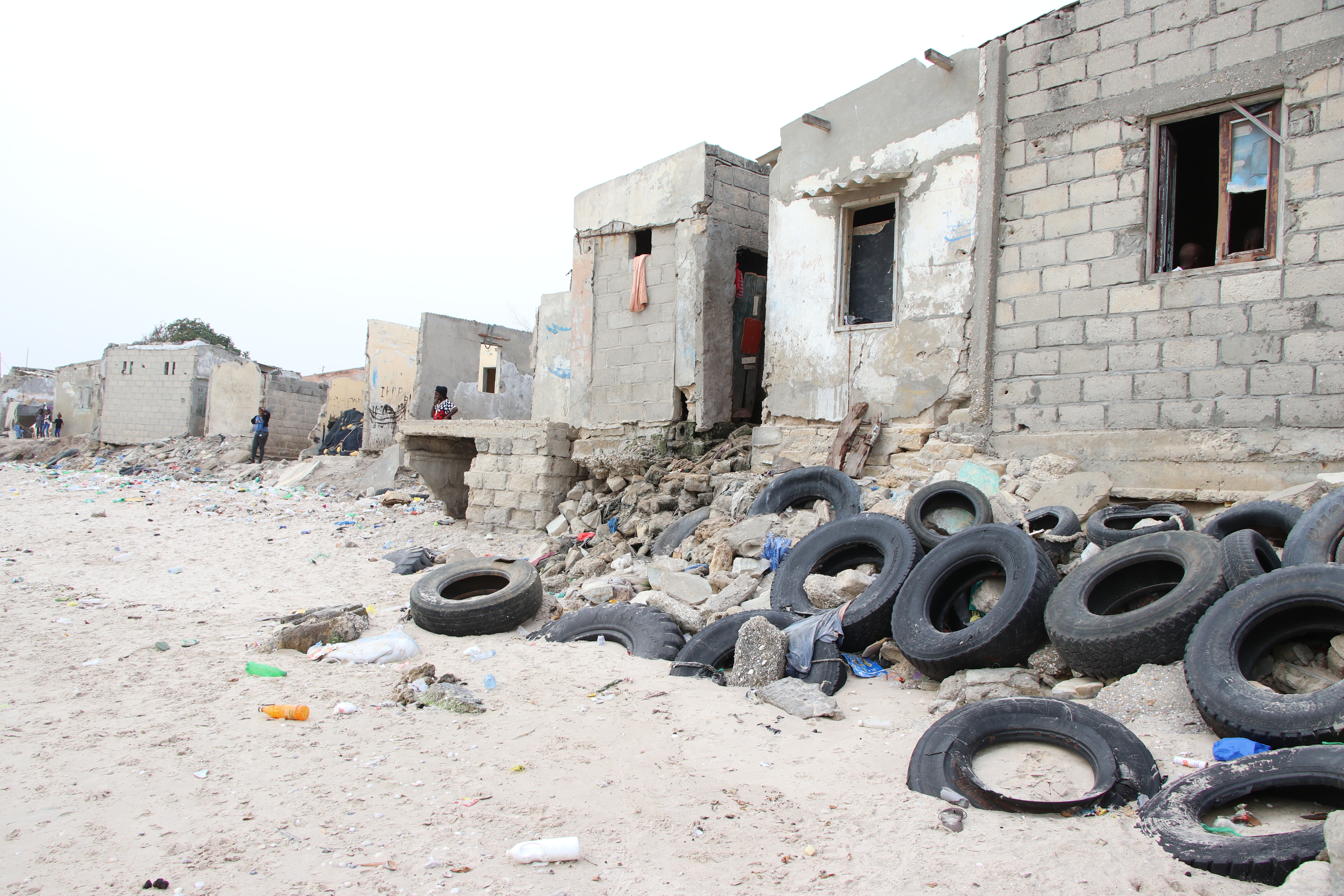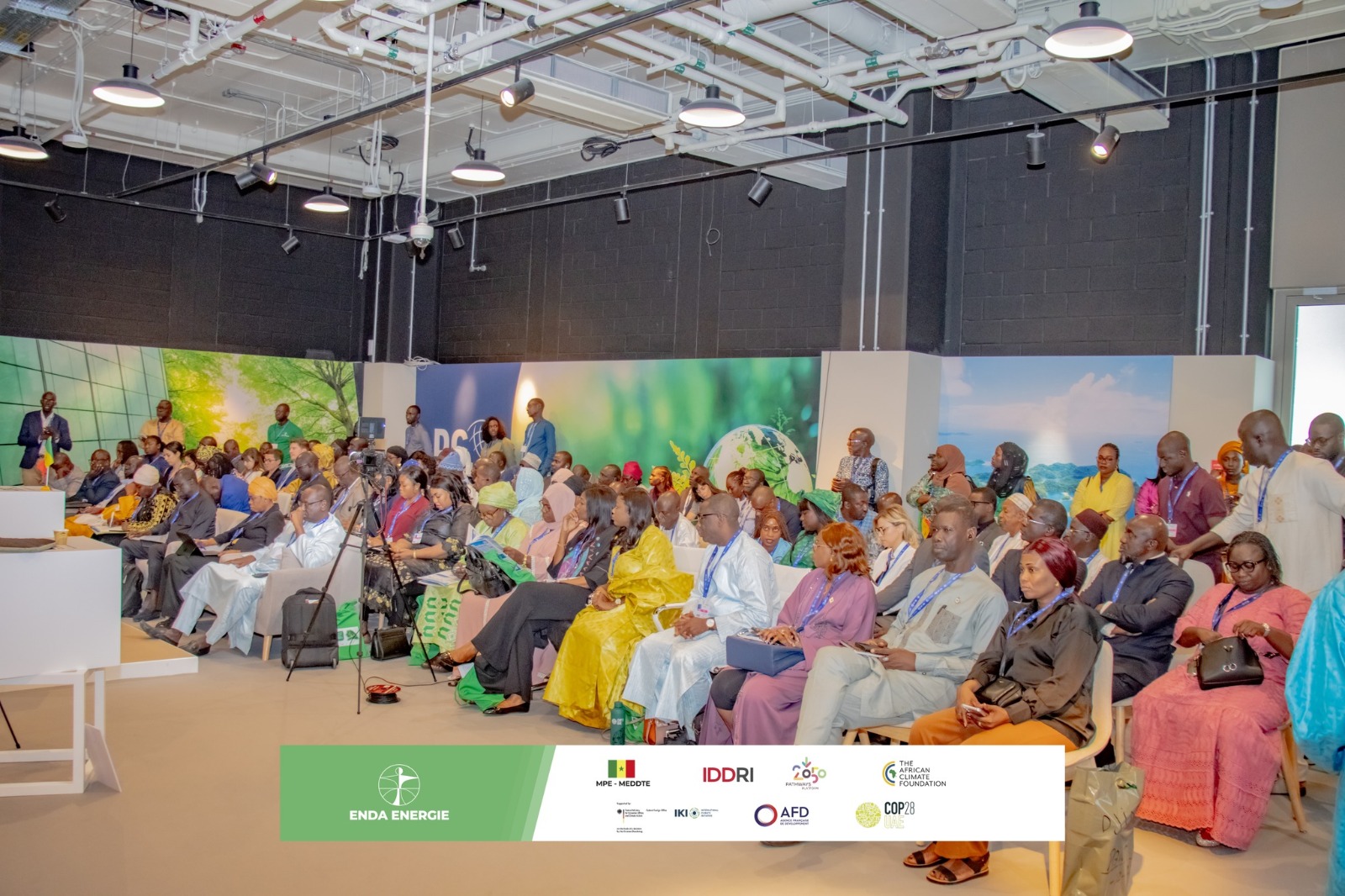
Climate change
Climate change is one of the greatest environmental challenges facing the world today. For the African countries which are the least responsible for the emissions of greenhouse gases that cause global warming, and the most exposed to the harmful effects already noted in some places by the populations, this is a particularly worrying threat. .
Climate change threatens to destroy all the efforts made for decades in terms of infrastructure, agricultural production, housing, transport, human health, etc. Moreover, the interaction with other constraints such as endemic poverty, low adaptive capacity and high dependence on rain-fed agriculture make it an extreme risk factor for human life and livelihoods. It has therefore become urgent to act and the consequences will be even more dramatic if nothing is done.
It is in this perspective of action that ENDA Energie has been heavily involved, since the Earth Summit in Rio de Janeiro in 1992, in the implementation of the United Nations Framework Convention on Climate Change ( UNFCCC) that resulted.
Today, the urgent need to operationalize the Paris Agreement through Nationally Determined Contributions (NDCs) repositions local governments and civil society organizations (CSOs) as carriers of solutions.
Thus the territorialization of climate policies through community approaches to adaptation and management of climate risks and disasters encourages ENDA to support local and national processes in the fight against climate change. These processes concern, among other things, the transfer of clean technologies, including endogenous technologies, the development of mechanisms and tools for learning and actions for adaptation to climate change and the mitigation of greenhouse gas emissions. beneficial to all, the development of multi-actor partnerships with cities to organize the mobilization of expertise, the strengthening of CSOs for a better knowledge of climate finance and carbon market mechanisms.








